Adebowale Ibidapo Adefuye, a professor of history and Nigeria’s ambassador to the United States, died on Thursday without the opportunity to bid farewell to the people with whom he had worked for more than five years.
What was already slated for next week as a send-off party for the brilliant diplomat may well become a service of songs, preparatory to his funeral back in Nigeria.
IF WISHES WERE HORSES
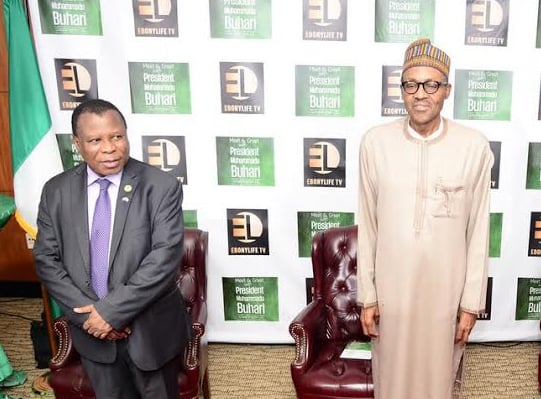
If Adefuye had a list of wishes, it surely would have included a plea to live for at least one more week to attend that farewell party. And if that wish was granted, he would have delivered one of his trademark flowery speeches – one after the other addressing the themes that have come to define his career and life.
He would have spoken on humility (especially of foreign-based Nigerians towards their home-based counterparts), he would have spoken of the value of the Nigerian partnership to the American state, he would have spoken about negative reportage of his come country by the western media, he would have spoken of the aggravated perception of corruption and insecurity in the international community. Certainly, Adefuye would have told James Entwistle, the US ambassador to Nigeria: “You should take it easy with these travel warnings to Nigeria you keep issuing all the time” – just the way he did Terry McCaullay back then.
Advertisement
EDUCATED HOME AND ABROAD
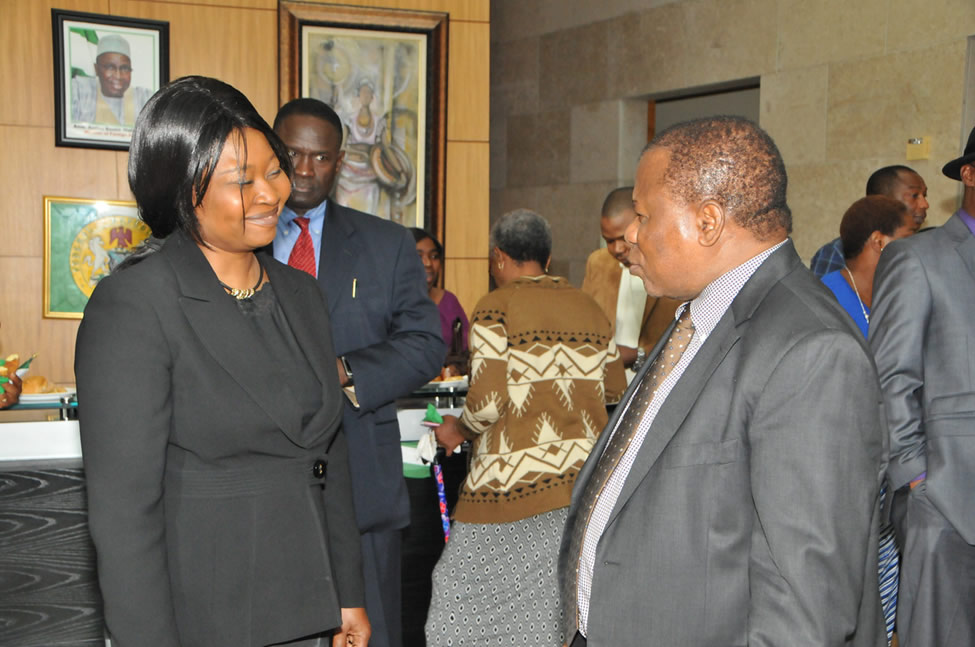
Born in Ijebu-Igbo, Ogun state, in 1947, Adefuye received his first degree in history at the University of Ibadan, Nigeria, in 1969; and in 1973 earned a Ph.D. in history there, with a dissertation on ‘The Political History of the Palwo, 1400-1911’.
As a Fulbright scholar, he studied at Columbia University, the University of North Florida and the University of Florida in Gainesville; and began his academic career as a lecturer at the University of Lagos, where he rose to the position of professor, published books and articles, and served as head of the department of history between 1985 and 1987. Among the books he has written are History of the Peoples of Lagos State (1987) and Culture and Foreign Policy: The Nigerian Example.
Adefuye may have started his life as an academic, but because his area of academic interest was diplomacy international relations between Uganda and British, he started reading about relations between Nigeria and many other countries. He was commenting on international issues as they affected Nigeria, prompting the federal government to nominate him as part of a group of lecturers to be trained in areas of diplomatic history, international relations, international economics, inter-African relations at the Foreign Service Academy in Lagos.
Advertisement
This he did for two years – one full month per year. After the third year, he was asked to put into practice what he had been preaching,by becoming the high commissioner to Jamaica, in the West Indies, with concurrent accreditation to Haiti and Belize. This position he held between 1987 and 1991.
From 1991 to 1994, he served as deputy high commissioner at the Nigerian embassy in London, UK, from where he was hired by the Commonwealth as deputy director of strategic planning.
After 14 years with the Commonwealth, Adefuye took a job with the Economic Community of West African States (ECOWAS), serving as an advisor for two years, from 2008 to 2010.
Adefuye is mostly remembered for helping to persuade the US to remove Nigeria from its “country of interest” terrorism watch list, after the December 25, 2009 failed attempt by Umar Farouk Abdulmutallab to blow up a Northwest Airlines flight headed from Amsterdam to Detroit.
Advertisement
In 2014, he was honoured by the Institute for the Advancement of Multicultural and Minority Medicine ‘as the most effective diplomat’ from the developing world. But Adefuye finds it very difficult to talk about himself.
Asked at the beginning of an interview to discuss his background, he began by saying: “Talking about myself is something one finds a bit hard to do because one was brought up as Christian and one has to acquire and demonstrate the virtues of humility. But one has a lot of reason to be thankful to God…”
Once asked for his opinion on Nigerians abroad and how they could be eased into the Nigerian system to contribute to the country’s development either part-time or full time, he expressed the preparedness of the Nigerian embassy in the US to help interested Nigerians in facilitating such relationship. But he had a caveat.
“Very importantly, I must mention this. One problem with Nigerians returning from America is that they adopt a condescending attitude towards their colleagues and peers in Nigeria,” he said.
Advertisement
“I keep telling them not to assume that they are superior in any way to Nigerians because they sojourned in America. I am proud of Nigerians and I will celebrate them anywhere.”
GROUSE WITH THE MEDIA
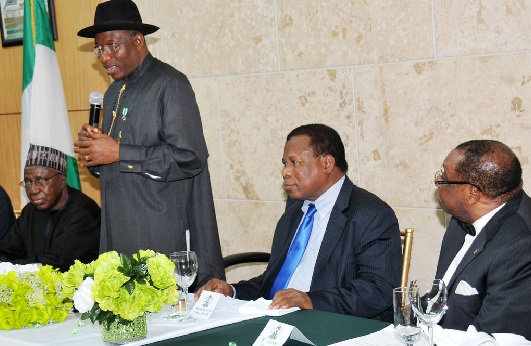
Adefuye always felt Nigeria suffered from negative reportage from both the local and international media, and therefore advocated a media strategy more patriotic in outlook.
Advertisement
“While the Human Rights Watch were writing what they were writing about Baga, our media ought to have risen to the challenge and gone to the spot to report what was actually happening instead of repeating the foreign news that was syndicated,” he once said.
“I call on our media to be more patriotic when it comes to reporting certain stories with potential to hurt the country… I have had to write several rejoinders to several negative articles written about Nigeria which are latently false or a misrepresentation of facts and the danger is that these things are published in major news outlets. The Wall Street Journal, the New York Times, the Washington Post, etc.
Advertisement
“I have consistently written rejoinders to set the records straight and I believe this will help in telling our own story. It doesn’t say well of us if foreign news organizations carry falsehood about us and you open Nigerian Newspapers and you see a rehash of those same news. Then you begin to wonder. We must as a matter of urgency, come up with a media strategy that is more patriotic in outlook.”
That notwithstanding, he remained proud of Nigerians and their critical spirit, and always acknowledged that criticism of the government was always borne out of love for the country.
Advertisement
“The one good thing about Nigerians is that they may sit down all day abusing their government and pooh-poohing policies of their government but the very next morning, they are rushing online to read the latest news coming from home.
“Again, Nigerians may gather to criticise governance in their country but once any non-Nigerian attempts to criticize Nigeria, you see them switch automatically and defend their country and berate the individual. So Nigerians are inherently patriotic. No matter how long they live abroad, they hanker and hunger for home and there is hardly any Nigerian abroad that does not have one form of investment or the other in Nigeria either by way of property or other business investments.”
OBAMA’S VISIT TO NIGERIA
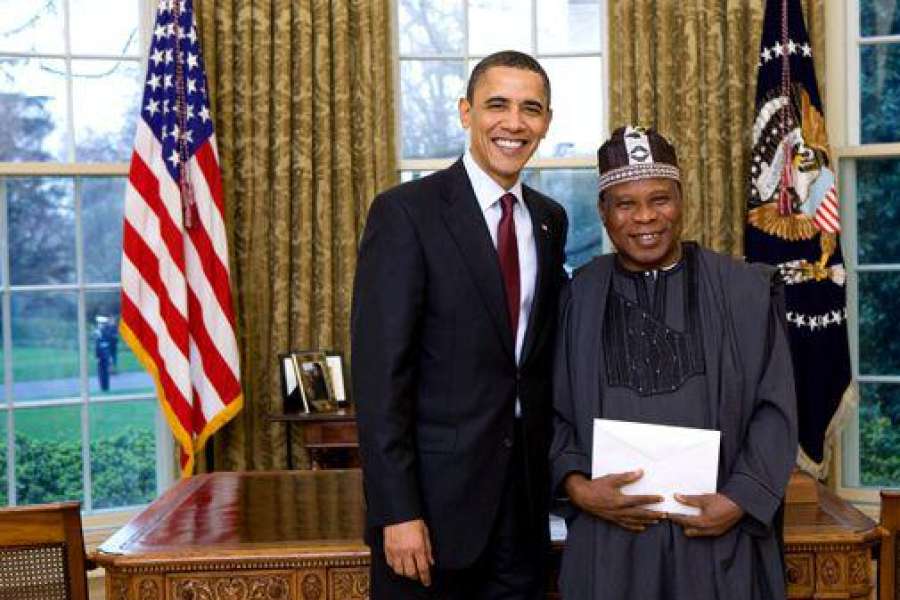
One of his disappointments would be his endless wait for President Barack Obama’s visit to Nigeria. So sure was he of the visit that he hold African leadership Magazine in 2010: “Now, contrary to what everyone believes, President Obama promised President Jonathan that he would visit Nigeria in his second tenure and from all indications, that promise is still very valid and we as yet have no cause to believe that he wouldn’t fulfill it.
“He just got sworn in for a second term and he still has years to go so there is still plenty of time to fulfill that promise. In any case, I would rather President Obama comes to Nigeria on a two or three day State Visit and goes back than to be lumped with three or four other countries where he will make a whistle-stop here and before anyone realizes that he is here, he would have left. No. when he comes to Nigeria, he will come to Nigeria and everyone will know that he came to Nigeria. I do not have my head in the sand.”
Elsewhere in that same interview, he added: “I repeat that I am still expecting President Obama to visit Nigeria before he leaves and I have no doubt that he will.”
But on Obama, Adefuye got it wrong. First, that visit never materialised during Jonathan’s first term in office, and he lost his re-election bid in 2015. Two, Obama has approximately a year and a half left in office and that visit is not looking likely to happen. And, lastly, were it to happen, the diplomat who long predicted it will sadly not be around to witness it.
1 comments

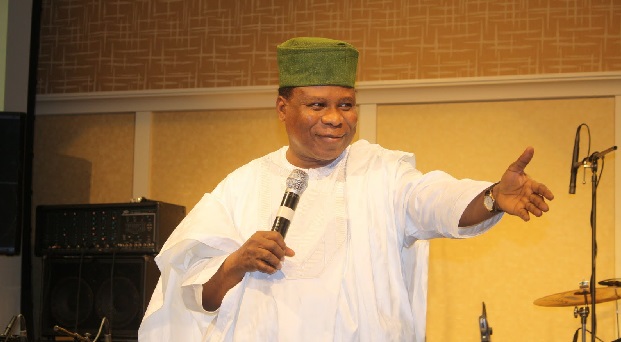

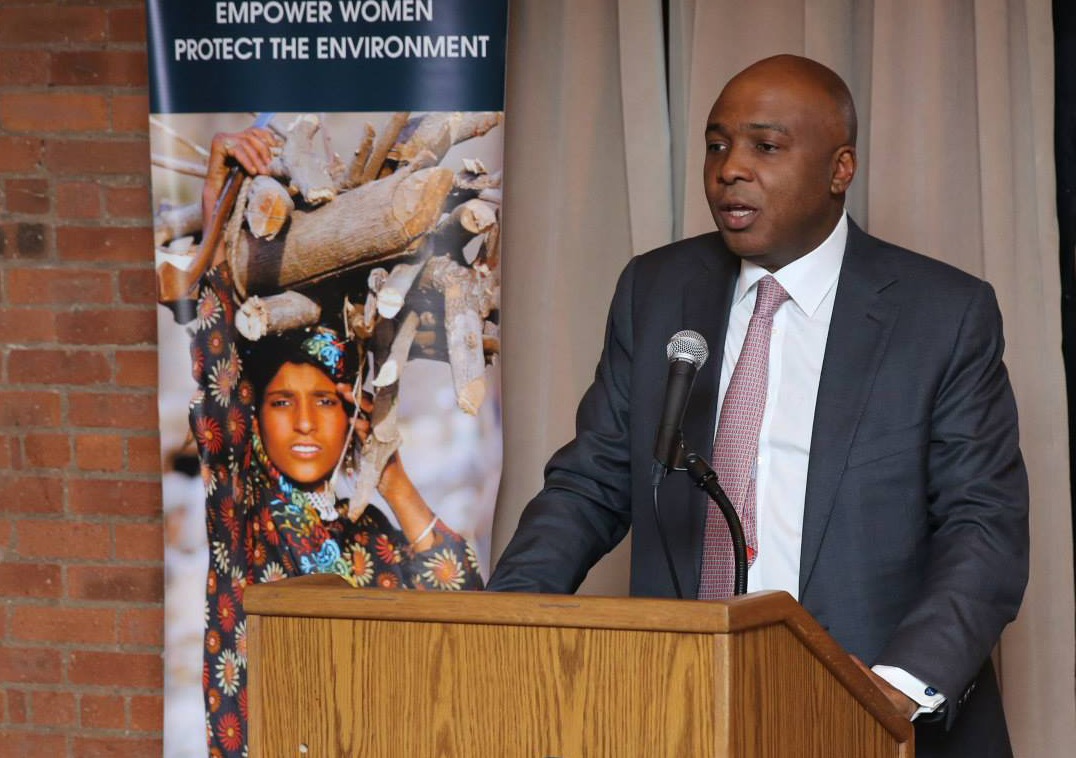
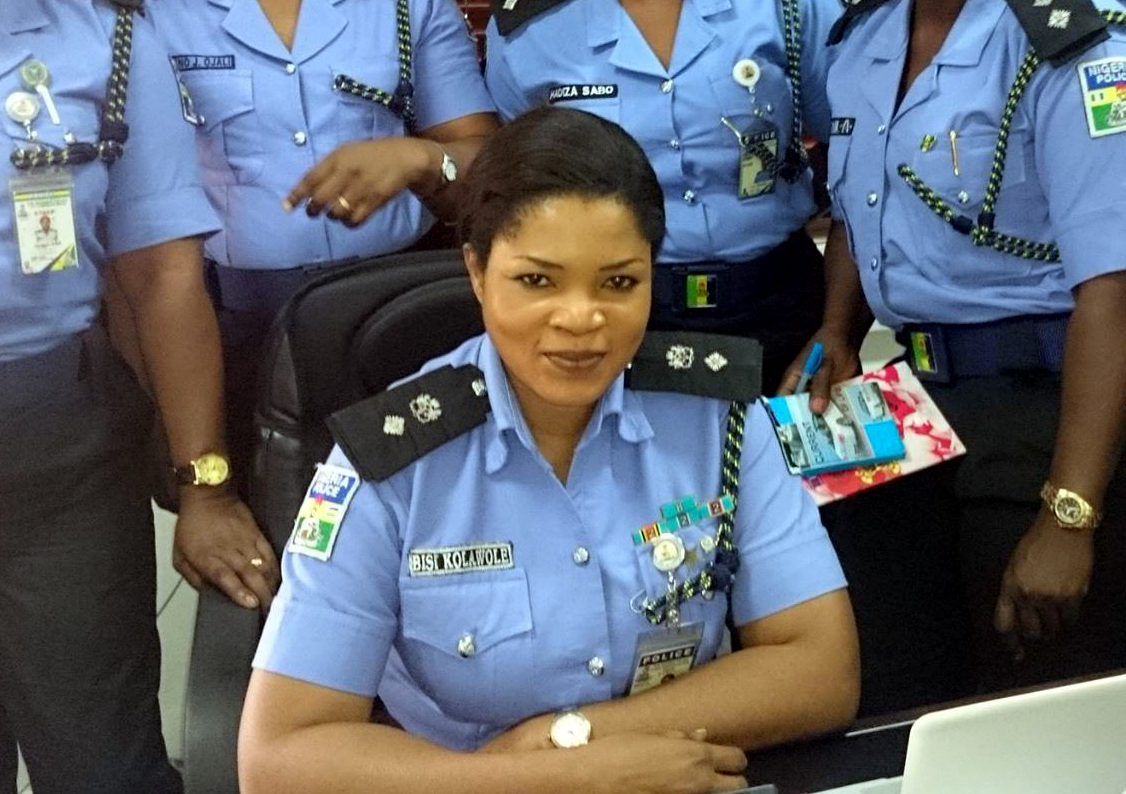
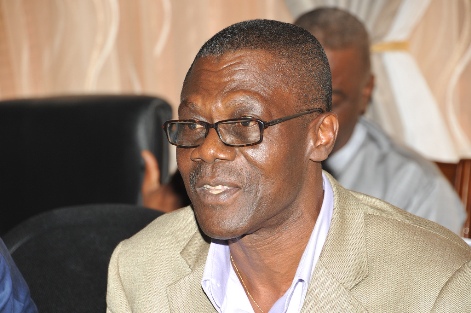
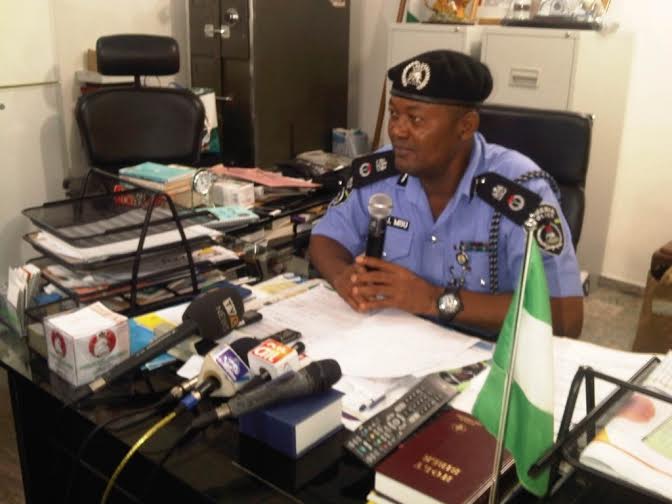

Oh,he said his second term in office not necessarily Jonathan’s time.By the way why must he visit Nigeria? Most of you are suffering from inferiority complex.Why must he visit Nigeria? I admire our late ambassador to the US courage in standing up for Nigeria. He was not stuttering in doing that.My sympathy to true Nigerians and his family.